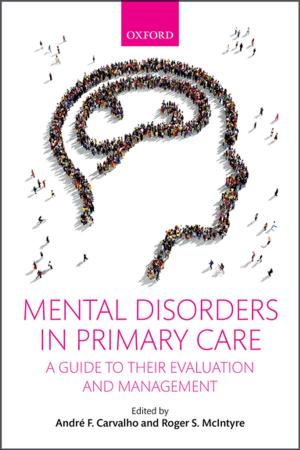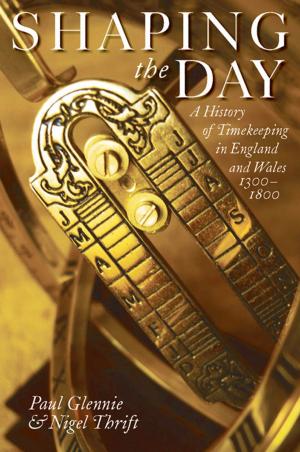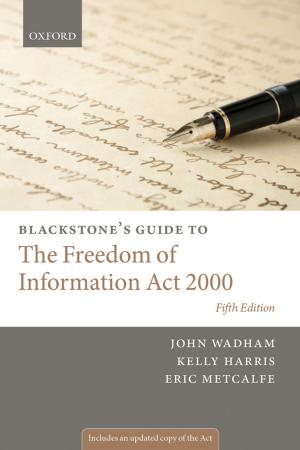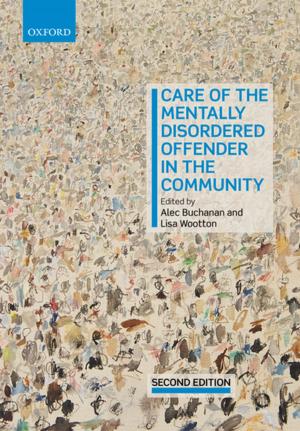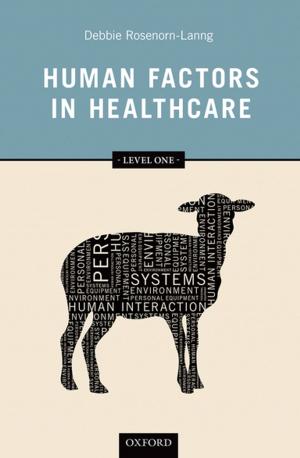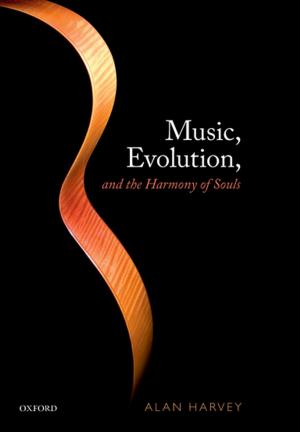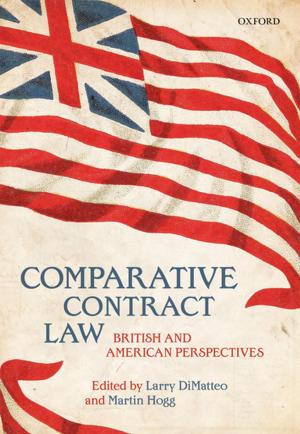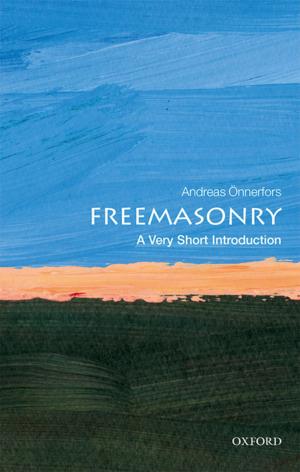Making Medical Knowledge
Nonfiction, Science & Nature, Science, Other Sciences, Philosophy & Social Aspects, Health & Well Being, Medical| Author: | Miriam Solomon | ISBN: | 9780191046988 |
| Publisher: | OUP Oxford | Publication: | April 2, 2015 |
| Imprint: | OUP Oxford | Language: | English |
| Author: | Miriam Solomon |
| ISBN: | 9780191046988 |
| Publisher: | OUP Oxford |
| Publication: | April 2, 2015 |
| Imprint: | OUP Oxford |
| Language: | English |
How is medical knowledge made? New methods for research and clinical care have reshaped the practices of medical knowledge production over the last forty years. Consensus conferences, evidence-based medicine, translational medicine, and narrative medicine are among the most prominent new methods. Making Medical Knowledge explores their origins and aims, their epistemic strengths, and their epistemic weaknesses. Miriam Solomon argues that the familiar dichotomy between the art and the science of medicine is not adequate for understanding this plurality of methods. The book begins by tracing the development of medical consensus conferences, from their beginning at the United States' National Institutes of Health in 1977, to their widespread adoption in national and international contexts. It discusses consensus conferences as social epistemic institutions designed to embody democracy and achieve objectivity. Evidence-based medicine, which developed next, ranks expert consensus at the bottom of the evidence hierarchy, thus challenging the authority of consensus conferences. Evidence-based medicine has transformed both medical research and clinical medicine in many positive ways, but it has also been accused of creating an intellectual hegemony that has marginalized crucial stages of scientific research, particularly scientific discovery. Translational medicine is understood as a response to the shortfalls of both consensus conferences and evidence-based medicine. Narrative medicine is the most prominent recent development in the medical humanities. Its central claim is that attention to narrative is essential for patient care. Solomon argues that the differences between narrative medicine and the other methods have been exaggerated, and offers a pluralistic account of how the all the methods interact and sometimes conflict. The result is both practical and theoretical suggestions for how to improve medical knowledge and understand medical controversies.
How is medical knowledge made? New methods for research and clinical care have reshaped the practices of medical knowledge production over the last forty years. Consensus conferences, evidence-based medicine, translational medicine, and narrative medicine are among the most prominent new methods. Making Medical Knowledge explores their origins and aims, their epistemic strengths, and their epistemic weaknesses. Miriam Solomon argues that the familiar dichotomy between the art and the science of medicine is not adequate for understanding this plurality of methods. The book begins by tracing the development of medical consensus conferences, from their beginning at the United States' National Institutes of Health in 1977, to their widespread adoption in national and international contexts. It discusses consensus conferences as social epistemic institutions designed to embody democracy and achieve objectivity. Evidence-based medicine, which developed next, ranks expert consensus at the bottom of the evidence hierarchy, thus challenging the authority of consensus conferences. Evidence-based medicine has transformed both medical research and clinical medicine in many positive ways, but it has also been accused of creating an intellectual hegemony that has marginalized crucial stages of scientific research, particularly scientific discovery. Translational medicine is understood as a response to the shortfalls of both consensus conferences and evidence-based medicine. Narrative medicine is the most prominent recent development in the medical humanities. Its central claim is that attention to narrative is essential for patient care. Solomon argues that the differences between narrative medicine and the other methods have been exaggerated, and offers a pluralistic account of how the all the methods interact and sometimes conflict. The result is both practical and theoretical suggestions for how to improve medical knowledge and understand medical controversies.

